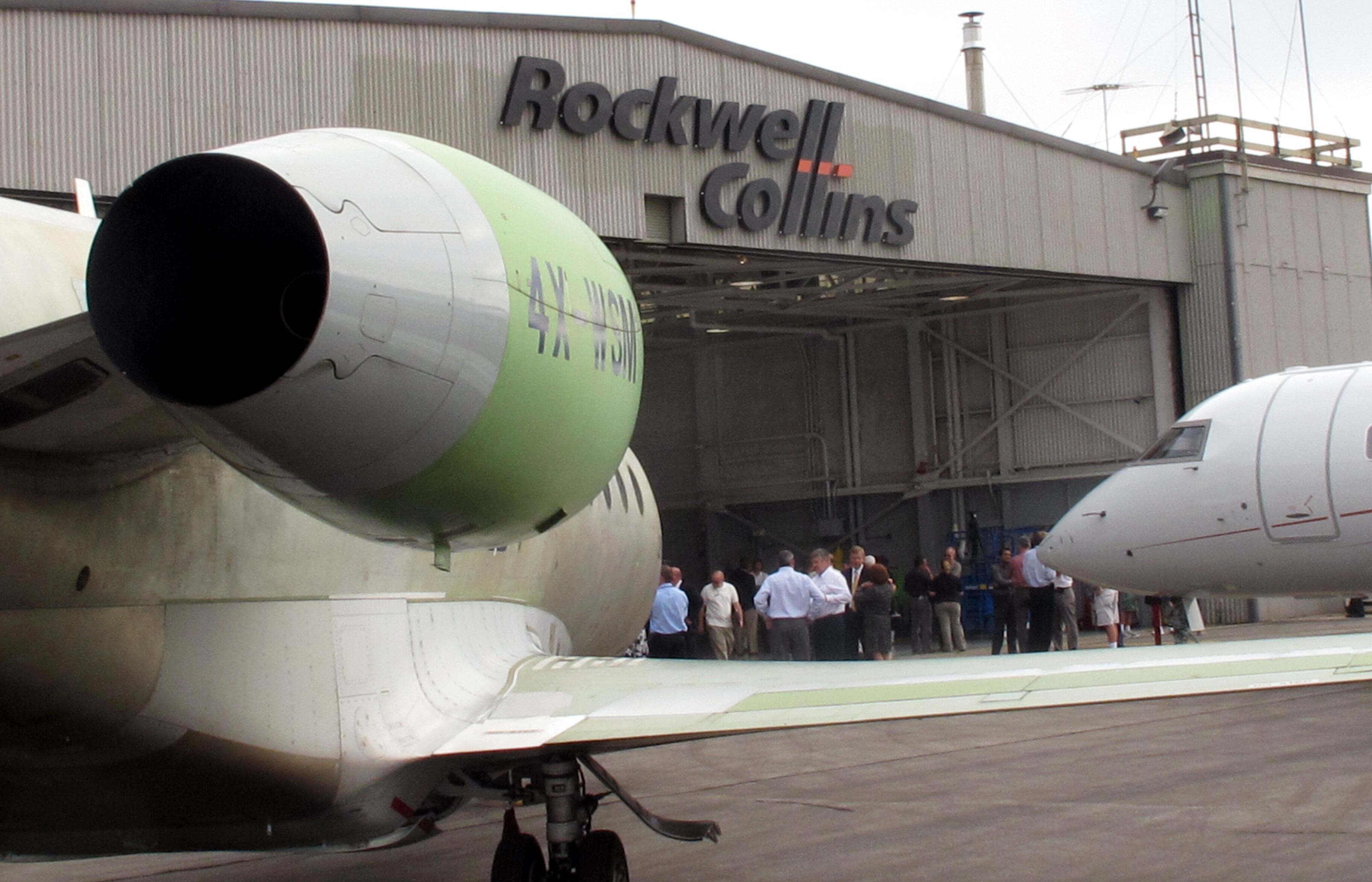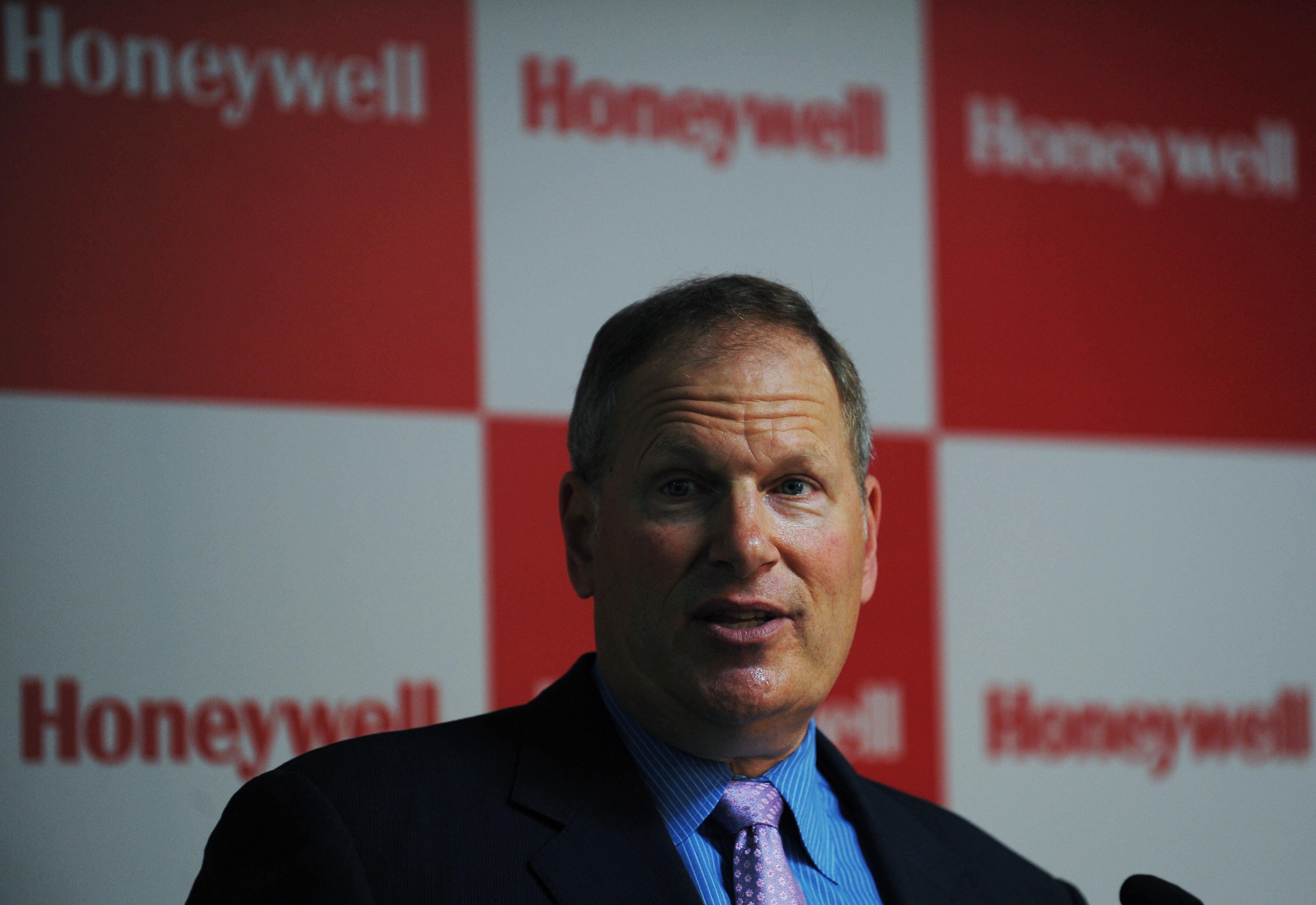WASHINGTON — United Technologies Corp. has announced plans to purchase Rockwell Collins for $30 billion, the company announced Sept. 4.
If allowed to move forward, the acquisition would turn UTC into a massive aerospace technology conglomerate capable of building almost any major subsystem on an aircraft. Both companies have little overlap in their product lines — Rockwell is best known for manufacturing avionics, flight controls, communications and displays for the commercial and defense markets, while UTC’s aerospace arm makes structures, landing systems and propellers, and its subsidiary Pratt & Whitney is one of two major military jet engine manufacturers.
“This acquisition adds tremendous capabilities to our aerospace businesses and strengthens our complementary offerings of technologically advanced aerospace systems,” said Greg Hayes, UTC’s chairman and CEO. “Together, Rockwell Collins and UTC Aerospace Systems will enhance customer value in a rapidly evolving aerospace industry by making aircraft more intelligent and more connected.”
“The integrated companies’ expertise in developing electrical, mechanical and software solutions will allow us to deliver more innovative products and services and provide greater value to our customers and shareowners,” Hayes continued. “This combination will also create new opportunities for the talented employees of both companies to advance innovation in a growing and dynamic industry.
RELATED

Under the terms of the deal reached Monday, UTC will buy Rockwell Collins for $140 per share. Rockwell is anticipated to bring about $8 billion in sales per year, and UTC will make about $68 billion a year in sales after the acquisition is finalized, it stated in a news release. The deal is expected to close by the third quarter of 2018.
Rockwell Collins will then be integrated with UTC Aerospace Systems in a new business unit called Collins Aerospace Systems, with Kelly Ortberg and Dave Gitlin already named CEO and president/chief operating officer, respectively.
Last week, financial analysts told Defense News that they could see no reason why the acquisition would be blocked by government authorities due to anti-trust concerns. While UTC was likely motivated to purchase Rockwell Collins in order to expand its aftermarket business in the commercial space, it could have ramifications for the defense industry as well.
“The usual trend is that when one big deal like this occurs, others follow because the first-tier competitors see a need to balance their portfolios in the same way that the first company did,” said Loren Thompson, a Lexington Institute analyst with close ties to industry.
RELATED

Richard Aboulafia, an aerospace analyst with the Teal Group, specifically called out Honeywell as a potential candidate to merge with another firm. In 2001, General Electric had made moves to purchase Honeywell, but the European Union obstructed the acquisition. Then in 2016, Honeywell tried to buy out United Technologies, but was rebuffed by UTC.
“I would think this would put pressure on Honeywell to maybe do something,” Aboulafia said.
Valerie Insinna is Defense News' air warfare reporter. She previously worked the Navy/congressional beats for Defense Daily, which followed almost three years as a staff writer for National Defense Magazine. Prior to that, she worked as an editorial assistant for the Tokyo Shimbun’s Washington bureau.








